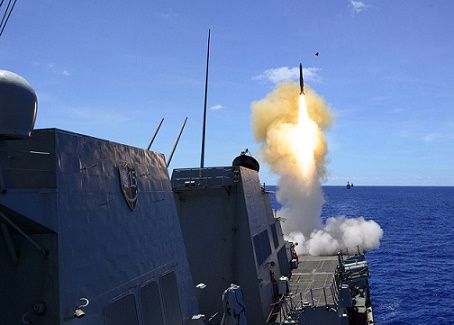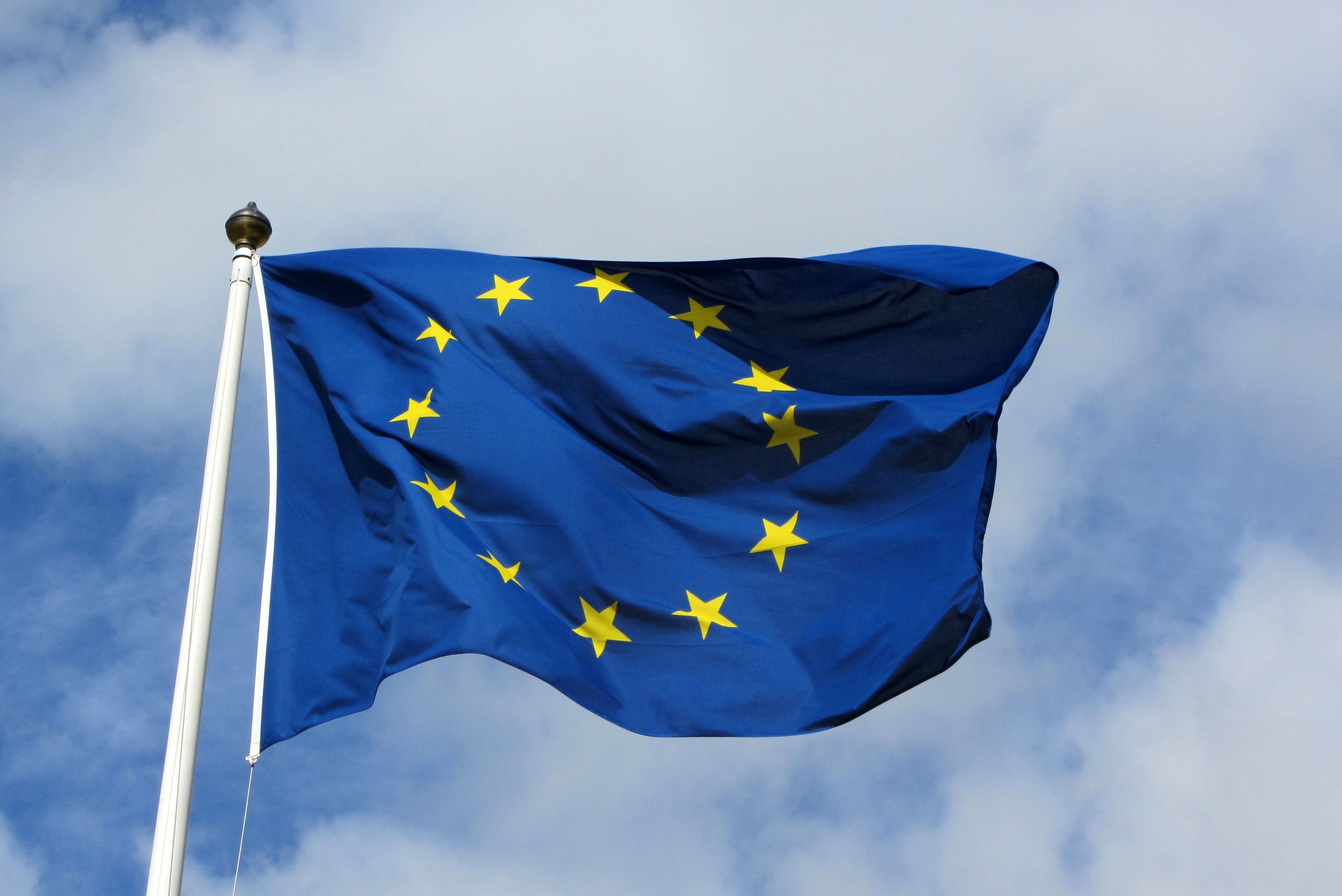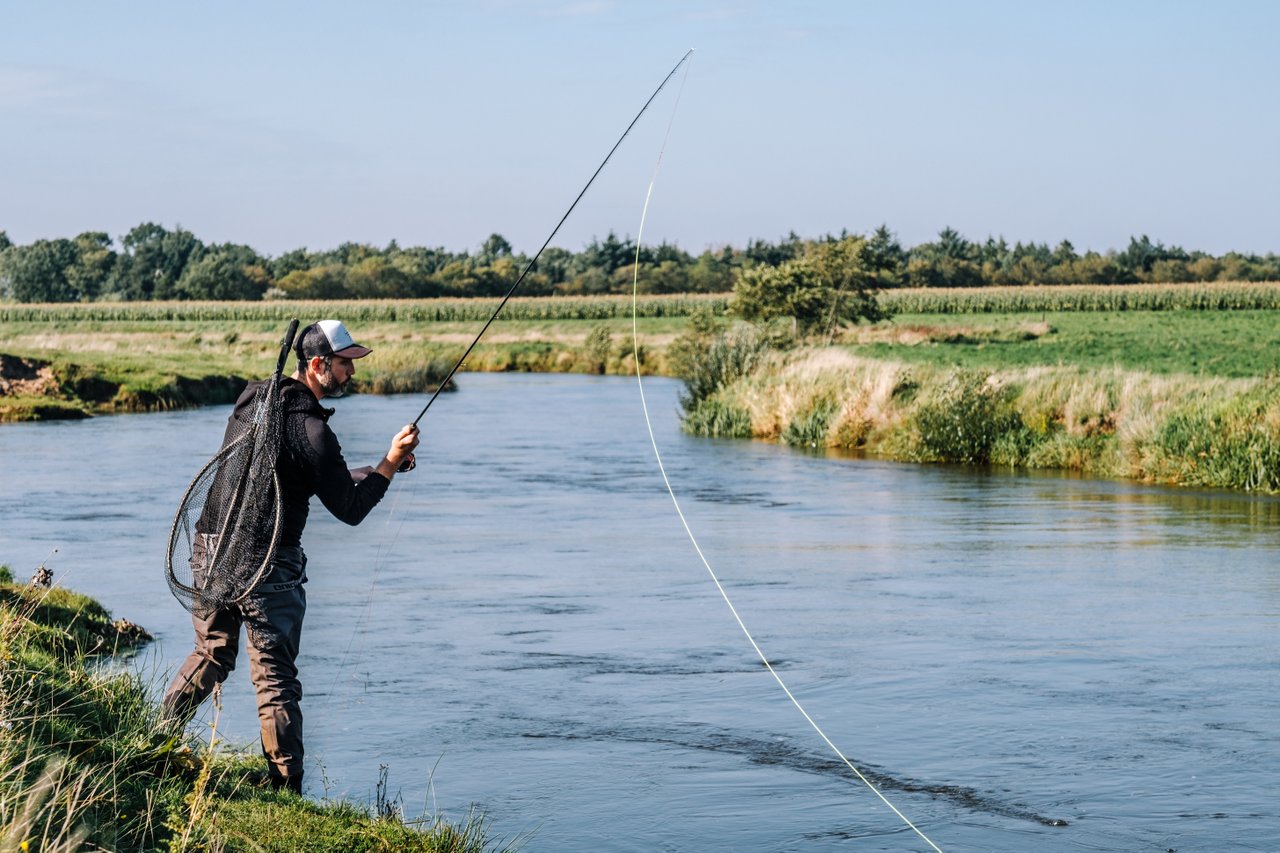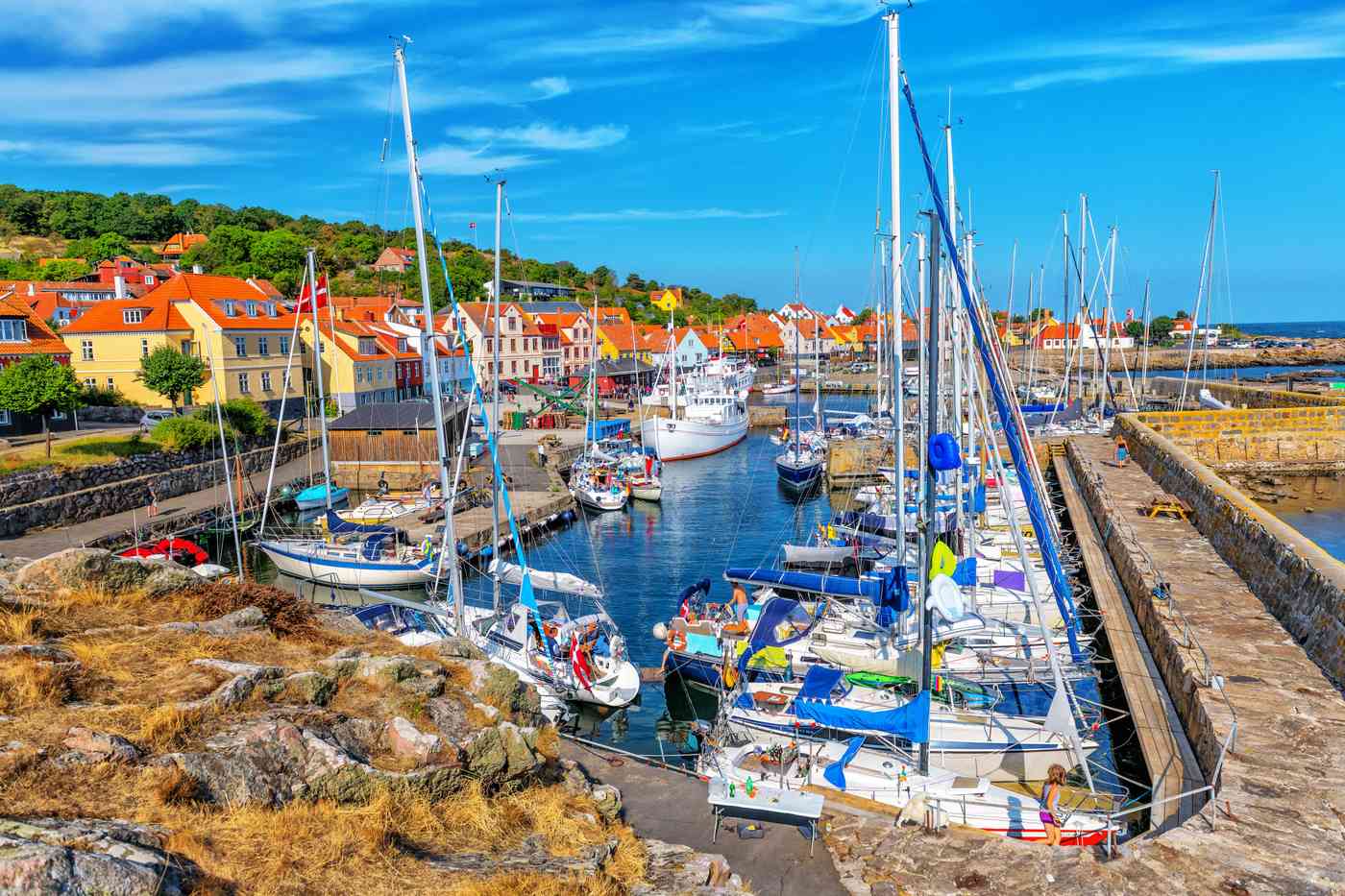Morten Bødskov, the defence minister, yesterday confirmed that Denmark’s total spending on military donations to Ukraine has now reached 2 billion kroner – double what was previously thought.
In April, PM Mette Frederiksen confirmed plans to increase spending from 400 million to 1 billion kroner, and now it has shot up even further.
Thought to contain ship-sinking missiles
Bødskov did not go into much detail about the nature of the weapons being donated, but it is thought they include Harpoon missiles – which an analyst recently told DR were “relatively long-range naval target missiles used to shoot ships with”.
It is also thought the donation will include other equipment, such as military vests.
Taken from a two-year pool
In a response to a defence committee question tabled by former Dansk Folkeparti leader Kristian Thulesen Dahl on May 2, the minister explained he did not want to go into details “for the sake of confidentiality about operational matters”.
However, he did confirm that the 2 billion kroner would be taken from a pool of 3.5 billion kroner set aside for emergency preparedness and humanitarian efforts in 2022 and 2023.













